Well, the answer to that question will be explored in the upcoming sections of this article. We separate myth from fact and answer questions about why bees are attracted to blue colors over red colors, or why bees will visit certain flowers more than other.
Keep reading to explore the reasons why bees are attracted to curious substances like nicotine and caffeine as well!
We have another article on what wasps are attracted to and the answers are different to bees! So check that out after reading one. What are wasp attracted to.
Table of Contents
Quick Answer table
I’ve put together a quick reference table for the article here if you’re in a rush. The indepth answers are way more interesting. I recommend reading them. There’s a few surprises in there!
| Are bees attracted to colors? | Yes |
| Are bees attracted to urine? | Sort of |
| Are bees attracted to vinegar? | Yes |
| Are bees attracted to electricity? | Yes |
| Are bees attracted to sugar? | Yes |
| Are bees attracted to water? | Yes |
| Are bees attracted to wine? | Yes |
| Are bees attracted to carbon dioxide or breath? | Yes |
| Are bees attracted to bug zappers? | No |
| Are bees attracted to UV light? | Yes |
| Are bees attracted to lavender? | Yes |
| Are bees attracted to some plant species over others? | Yes |
| Are bees attracted to open space or dense woodland? | Sort of |
| Are bees attracted to black? | Sort of |
| Are bees attracted to perfume? | Yes (ish) |
| Are bees attracted to cigarette smoke? | Yes |
Keep reading or skip to the section you’re interested in for a much more detailed and interesting explanation what bees are attracted too!
Are bees attracted to yellow, white, red or orange colors?
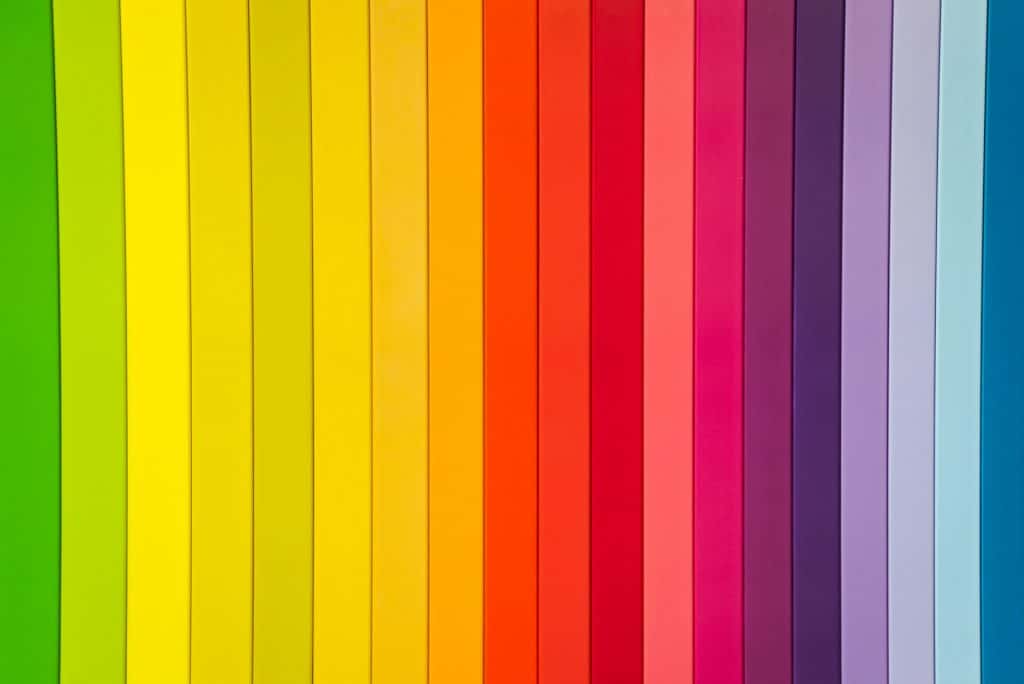
Here’s an uncommon fact: Bees have amazing eyesight but they see differently than human beings. An amazing scientist, Karl Frisch came up with the scientific proof that clearly predicted that bees can not only see but they have an even broader range of color than human beings. Bright colored flowers have attracted these tiny pollinators for ages and it is prominent in the way we have beautifully colored petals of flowers across the various species present in nature.
If we go into the details then it is important to realize the mechanism by which we see’ things. To put it simply white light gets obstructed by objects and certain ranges of light are reflected back (say green or red) and these light fragments enter our eyes and we perceive the object or see.
Bees use a slightly different mechanism. They use ultraviolet vision which provides them with an immense advantage when they are hunting nectar. There are a number of patterns made out of nectar present in various flowers that is invisible to the human eyes but they are the bullseye of attraction for the bees and they are attracted towards it inexorably.
Fun fact: Some flowers (eg: sunflowers, primroses, pansies) signal such that they attract the bee pollinators and these can only be seen under UV light.
To answer the question that we started out with, bees are in fact attracted to certain colors and repelled by others. For examples, the tri-chromatic vision of bees is such that they cannot see the color red. However, they can see and are attracted to colors like orange, yellow, blue or violet. But the colors that they are most attracted to are Purple, Blue and Violet colors. They also have no difficulty in distinguishing flowers even mid-flight and have incredible vision and discrimination power from far distances.
Please see our other article for more information:
https://schoolofbees.com/can-bees-see-in-color/
Are bees attracted to urine?
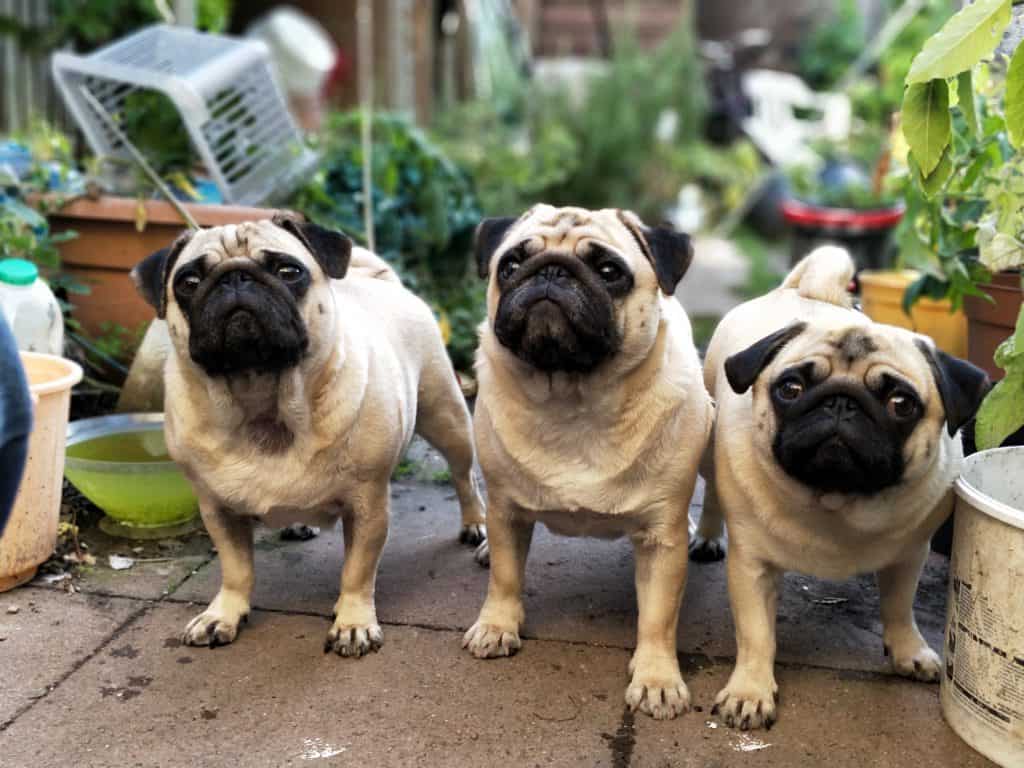
Our, human, urine is mostly a composite mixture of the food that we eat and the diet that we maintain. There have been a number of instances where bees have been reported to be attracted to urine but, is this true? Bees are sometimes attracted to the salts in our urine, especially sugar. If you have a sugar-rich diet or are a diabetic then your urine is sure to contain more sugar content than the normal amount. Thus, a bee might be guided by its strong olfactory senses and end up attracted to urine.
However, most of the time it just happens that the small pollinating creatures are curious by nature and they try to investigate the smell that they are receiving from the urine. Other beekeepers have also commented that they suspect the bees are just thirsty for water and are looking for sources to quench it.
Are bees attracted to vinegar?

Vinegar is often used to kill weeds and drive away bees and wasps that are being a pest to various households. However, the reason why bees are attracted to vinegar is that it acts as an effective water trap. Bees looking for sources of water to quench their thirst might mistake vinegar for water due to the fact that they cannot discriminate amongst the two using their sense. Thus, many bees are attracted towards vinegar and it ultimately becomes fatal for them. The bees cannot fly out of the vinegar traps due to the fact that it is sticky and hinders their flying abilities.
This attraction of the bees towards vinegar is the bane of existence for beekeepers who lose many members of the hive due to this reason. Vinegar water traps, on the other hand, are the best friends of household keepers who want to get rid of bees who are being a pest to their households. But, why would you? Love the Bees!
Are bees attracted to electricity?
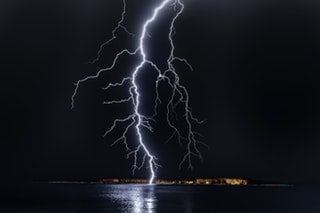
Electricity does not always take the form of the high voltage power running through our households. Small electric fields are generated around the organic matter that has a specific design or identity. Bees use these electric fields to locate the flowers and ultimately nectar and pollen. The electric field around certain plants and flowers act as identifiers towards bees and let them know where their targets are located. As per the science behind this, bees and pollens are generally oppositely charged and opposites attract! Thus, electricity acts as an added sense for the bees and beacons to them the location of their targets that is the flowers.
Are bees attracted to sugar?
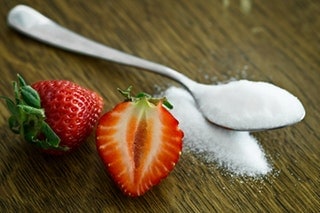
Yes, as you might imagine, they are. Bees are more attracted to sugar than they are to honey. They are so attracted to sugar that they consume most of the variants of sugar that occur in nature. In recent beekeeping practices, bees are fed sugar solutions in various forms using varied feeding methods which allow the beekeepers to keep the bees well fed and maintain a healthy colony. It has also been found scientifically that feeding sugar syrup to bees also increases the number of bees who forage for pollen every day from any given hive.
Are bees attracted to water?
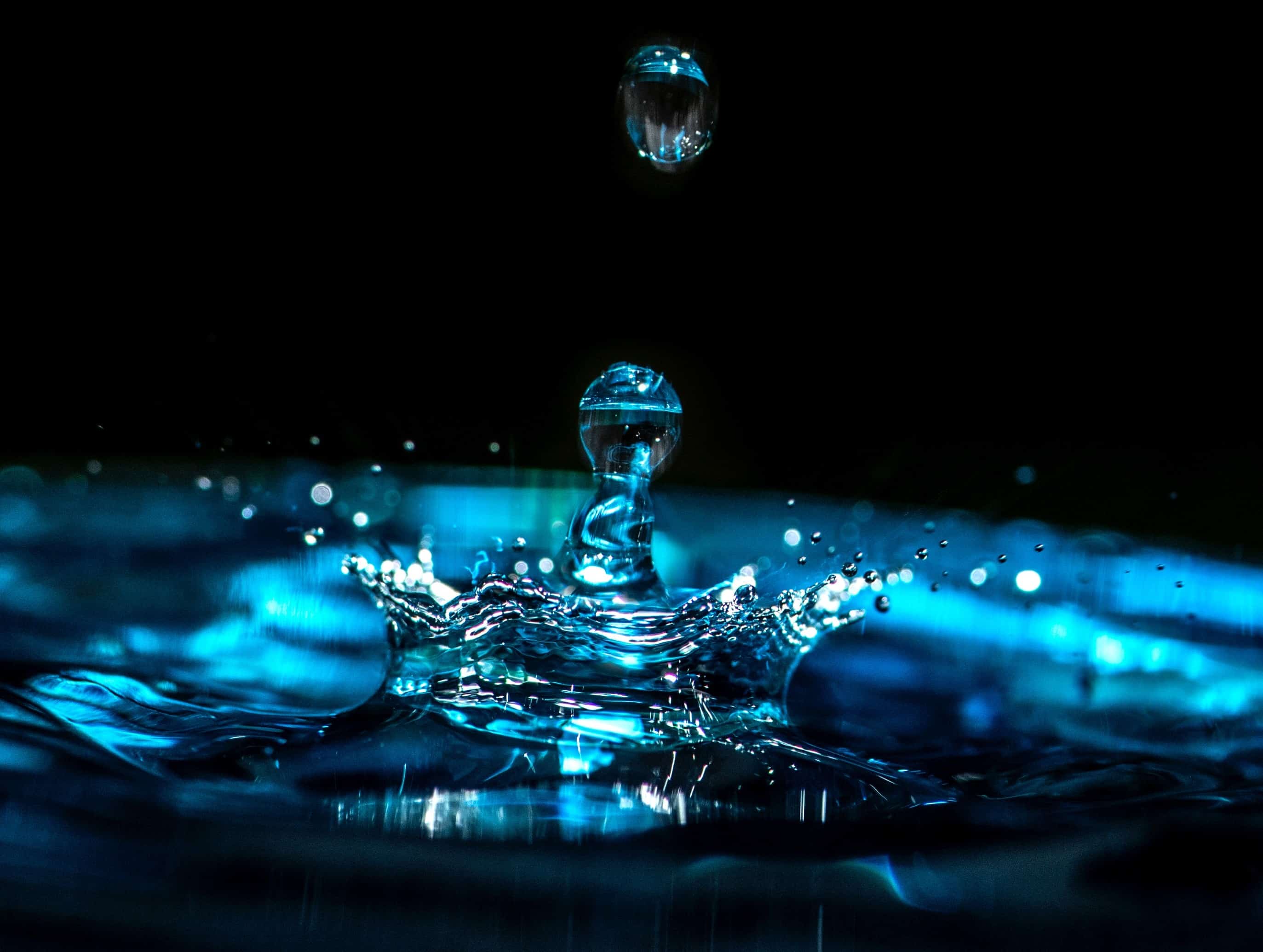
Yes, Bees are attracted to water. Bees look toward the water as a source of thirst quenching fluid. They are generally attracted to all forms of water whether freshwater and marine. However, during recent times this has led to the collapse of many bees hives. Water is polluted more often than not these days and most of the pollutants affect the bees in an adverse manner. Chlorine, for example, is a know bee-killing agent and it has often been found that reports are piling up about bees entering swimming pools and dying in high numbers there. Scientists have studied this and are concerned over the lack of safe sources for these bee pollinators to drink from.
Are bees attracted to wine?
Fun fact: Bees can drink their size equivalent of 10 litres of wine at one sitting.

Most animals have some resistance towards any alcoholic substance but bees are an exception to this rule. They will happily consume wine and are also attracted to it. Have you ever wondered why wineries keep bees in their establishments? Bees do not take part in pollinating grapefruits. Yet they are extremely essential to the flourishing wineries and here’s why. Vineyards are not isolated crops of plants that can exist on their own. They need to cover crops and a thriving ecosystem. Bees are an indicator of a healthy ecosystem that has members of each category of animals and bees are a part of that community. Even more essentially, they are the pollinators of the cover crops that are essential for the makeup of a good vineyard.
Are bees attracted to carbon dioxide or breath?
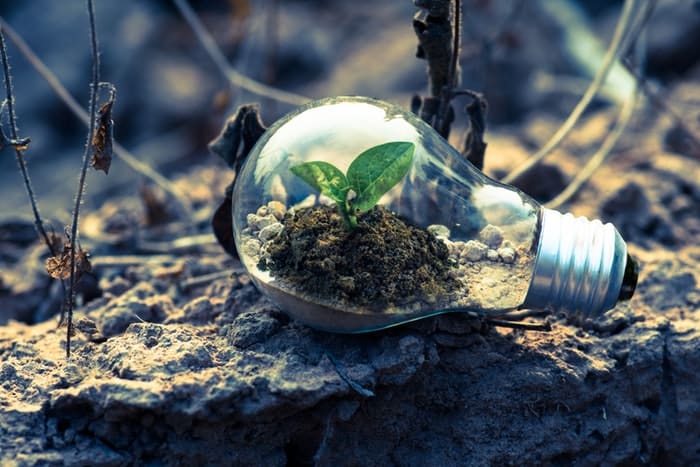
In general, bees aren’t sensitive to carbon dioxide over any other gasses present in the air. But when they have their hackles up figuratively they are very much attracted to carbon dioxide. Humans inhale and exhale using their nostrils that are set into their faces which is an extremely sensitive area for bee stings. Bees use their stings as a defense mechanism and it can cause serious allergies and trauma to the human body. Thus, it is always advised not to venture too close to the hives and homes of the bees without proper protection as you can get injured. If you do find yourself in such a position, refrain from heavy breathing to avoid attracting the defenders.
Are bees attracted to bug zappers?

Bug zappers are considered to be very efficient in dealing with bugs and even mosquitoes in households. The technology attracts a lot of larger and smaller insects and kills them effortlessly. It is also a popular and most used option because it doesn’t involve chemicals or any other side effect that can harm the surrounding organisms. However, bug zappers do not always target the insects and pests that you want to get rid of. It kills indiscriminately.
So the question that has been on the minds of a number of beekeepers is whether these machines are killing members of their colonies. Bees, in general, do not venture out of their hives during night time. They are generally day time foragers and this eliminates some of the threat towards them. Also, the bees are not attracted to the bug zappers like the other insects which make them safe from this indiscriminate insect killer. However, even though the bees are safe, other good insects that benefit every ecosystem are killed needlessly due to bug zappers.
Are bees attracted to UV light?
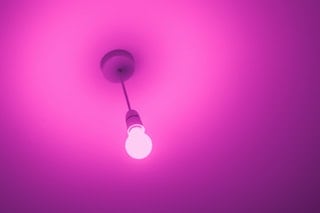
Bees have an advantage over other foragers when it comes to their visual senses. Bees have a wider range of vision and their vision is based on UV, blue, green and every combination of the three. Bees are definitely attracted towards UV light and they use this to track the flowers that have the best availability of pollen and nectar. The UV designs appear on the bees vision range as something that the scientists describe to be the color ‘bees purple’. They use their UV light vision to track what the beekeepers call the nectar guides which are patterns made specifically for bees who see it in vivid variety. This helps them to avoid traps and go to the flowers that have the most potential in terms of pollen and nectar.
Are bees attracted to lavender?
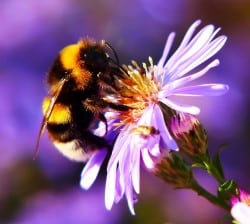
Yes, Bees have a special affinity for lavender in full bloom. Whenever it is the season for the blooming of lavender then bees are sure to make an appearance. Lavender holds a special interest for bees due to the fact that they offer the right balance of pollen and nectar so bees will make the effort of travelling long distances just to get to fields blooming with lavender. Blooming season is generally the peak time during which bees forage and gather pollen and nectar. However, sterile flowers are the largest deterrent to the interest of these pollinators and they avoid certain lavender fields where the farmers or cultivators cut’ or sterilize the plants before their blooming period.
Are bees attracted to certain fragrances more than others?
The hive structure of the bees depends on fragrance and odour to a large extent. Bees live in societal structures inside hives where they distribute work and labour in order to go about all their respective jobs. The hive entrance is guarded by certain bees who are generally known as guard bees due to the nature of their work. They remain near the entrances and keep a lookout on who enters and leaves the hive. To determine whether bees should be entering the hive or if he belongs, the guard uses scent and fragrances.
To the guard bees, the members of the same hive have a fragrance that is perceived by them as a sense of belonging and this is what they test before allowing entry. In recent years, it has been studied that people who have complained about bees targeting children due to certain lemony or sugary or even fruity does or fragrances due to scented bath products are actually grievances that arise from the scent perceiving the mechanism of the bees.
Sweet odour always acts as a beacon for them and indicates to them that nectar is nearby. Also, their scent detection systems are strong enough that they are even attracted to the sweet taste that chewing gum has. Thus, it is often advised that children going on a picnic or field trip should be kept away from sweet fragrances or flowery bright patterns on their clothing because our pollinators might just mistake them to be actual flowers.
Are bees attracted to some plant species over others?
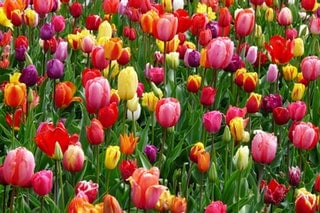
Bees and plants are in general best friends as both live in a beautiful symbiotic dependency over each other. But farmers and beekeepers have often wondered if bees like keeping favourites amongst all the plants as we do. If we observe our pollinators from a scientific point of view we can see that they are attracted specifically towards plants that produce both nectar and pollen. But what most people don’t know is that bees like variety. They are more prone to regularly visit a garden that has a wide variety of all their favorite plant friends.
Bees are not attracted to sterile plants or specific plants like roses and peonies. The reason for this dislike is the large number of petals that such plants have in their flowers. Have you played the common games that everyone does with rose petals? We have all seen the large number of petals that roses have. And from the point of view of our pollinators, those petals make it more and more difficult for them to be able to carry out their jobs. Thus, they avoid such flowers and opt for easier ones that belong to plant species like sunflower, foxglove and aster. It is often advised to use these plants when designing a garden to encourage the bees to visit it more often.
Please see our article on clover: https://schoolofbees.com/what-is-the-best-clover-for-honeybees/
Beekeepers also use this knowledge to provide the best habitat to the bee pollinators that they grow and care for on their lands. Bees are also attracted greatly towards herbs like rosemary, lavender and mint. This is an extremely cool tip for beekeepers because herbs are notorious for being low maintenance and are known to be grown easily on small patches of land or even your own apartment window!
There are also certain flower-bee combinations that are so specific in their choice of pollinator partner relationship that they have specifically coevolved through the years in order to specifically allow bonding between those singular species. These plants and flowers attract bees by sending out ultraviolet invitations, colour phases, nectar guides and most importantly fragrances. The blanket flower and its partner bee is one such example of this phenomenon.
Are bees attracted to open space or dense woodland?
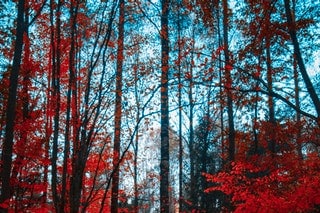
The answer to this tricky question is that bees like neither. Bees do not like being in constricted places or even sticky places as they have the need to fly around to carry out their jobs. Generally, they do not like covered areas and densely covered lands and will not often visit such places. It has been studied and observed that they do like open spaces or empty patches of land in the midst of the plants that they visit. This is because they like to rest in these patches throughout the day while they are going about their jobs.
They also like to have freshwater sources nearby and are also comfortable with small piles of twigs or small pieces of wood covered areas. Bees are also extremely sensitive to and apprehensive of cold or wet weather. They like to burrow in and take shelter in these small havens when the pressure drops and they feel the oncoming weather. If these provisions are absent in a patch of land then they are less likely to visit the garden or land. Similarly densely covered patches will also not offer them the hide holes from bad weather and additionally, they cause a huge hindrance towards their flying ability and stops them from their flower foraging adventures.
Are bees attracted to black?
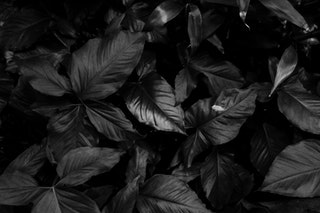
Bees have a different range of vision that allows for different color perception so what is black for us may not be for them. Bees have this peculiar quirk due to which their vision doesn’t allow them to see red hues. Red is perceived by them as black and they are not attracted to black naturally. However, they are attracted more and more towards the blue and yellow hues and their combinations and especially bright and pretty colors attract the insect of these particular pollinators.
It has been observed that choosing red plants to plant all over your garden will definitely discourage bees from visiting the land due to their dislike towards the colour and their inability to perceive it through their visual senses.
Are bees attracted to perfume?
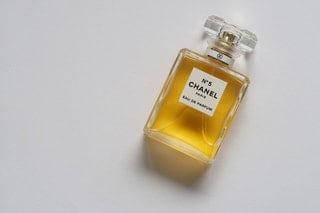
Bees are attracted to lemony fragrances that register on their strong olfactory sense as indicators of available pollen. Thus, bees are often attracted to the odd human whose fragrance makes them think that pollen is available or a flower is nearby. Also, they are attracted to certain fragrances that might attract their interest which isn’t always good for humans. Kids heading out to field trips and other events must take care not to use any such indicators to pique the interest of these curious bees because the sting of a bee is very allergic and can also lead to fatal conditions like anaphylactic shocks.
Are bees attracted to cigarette smoke?
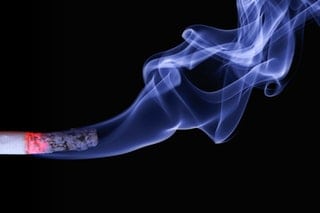
Yes, Bees have a tendency to be attracted towards caffeine and other substances like nicotine. It is often a human tendency to abuse these substances for the effects that they produce on the human body and now it has been found that bees also like to get buzzed up on these substances.
Scientists are still struggling to determine whether the attraction of bees towards flowers that offer nicotine and caffeine are just an evolutionary trick to get them addicted and keep coming for more or just a byproduct of the metabolic processes of the plant itself. However, the result is that bees keep coming back to visit these plants for their daily dose.
Are bees attracted to chlorine?

Yes, they are, and the chemical chlorine has been identified by scientists to be extremely harmful to bees. These pollinators are killed by the chlorine due to the fact that this chemical attacks their neural systems and causes havoc with their bodies. With the ingestion of a substantial amount, it kills the bees. Chlorine has been found to act as a neurotoxin towards the bee species. With more and more pollution and urbanisation, bees are falling prey to chlorine and more such chemicals. Bees look for water to quench their thirst and are often led to their deaths when they consume from the wrong water sources.
Large numbers of bees have been known to turn up dead at neighbouring pools which have large amounts of chlorine in or just due to insecticides containing chlorine sprayed on the plants and flowers that bees forage on.
Please see our other post on pesticides: https://schoolofbees.com/bee-killing-pesticides-what-to-avoid/
Are bees attracted to maple syrup?
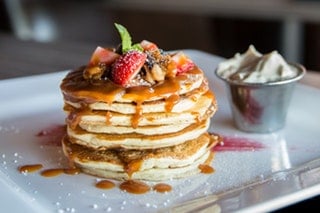
No. Maple syrup does not hold the interest of bees. Bees are attracted to high sugar content products like their natural food- nectar. However, maple syrup contains comparatively fewer sugars and this can be the prime reason why bees aren’t much interested in this product. Beekeepers are advised not to feed their bees maple syrup because of the fact that bees get dysentery from the high content of solids present in the sap from which maple syrup is produced or created.
Maple syrup is also often suspected to cause side effects that cause a decline in healthy communities of bees. Thus, it is advised not to experiment feeding bees with alternate sources like maple syrup that can cause detrimental effects not only on the individual bees but on the entire hive. The bees live closely to one another and are dependent on each other for a lot of tasks that cannot be fulfilled if any part of the hive falls sick – especially the workers and the queen bee. Sickness or death of the queen bee creates the havoc on any hive and it is advised to protect the queen bee in order to ensure a healthy hive.
Are bees attracted to azaleas?
Azaleas are amazingly pretty flowers that you would think attract bees but it has been observed that they do not attract many bees at all. The pretty flowers are easy to maintain and are extremely beautiful in full bloom. However, their blooming period doesn’t match the period during which bees are actively foraging for substances that they need for the hive. Azaleas bloom too early in the year for bees to come looking for pollen and nectar and despite the ease of planting and the low maintenance nature of the shrub, it holds little attraction for both bees and beekeepers or anyone who wants to plant crops to attract these particular pollinators.
Are bees attracted to noise?

No. Bees cannot perceive sound the way humans and other animals do. But that perception doesn’t necessarily mean that they are totally insensitive to the sounds of nature. Bees can perceive vibrations of sound even if they cannot hear it. They use vibrations to communicate inside the hives and also during their waggle dances that they use for information communication. These dances are often used to communicate among the foraging bees and is crucial for their work which is collecting pollen and nectar. The information about their dances was uncovered by renowned scientist Karl Frisch.
Fun fact: Queen bees are known to communicate ‘threats’ to the young developing queens using vibrations that they perceive and understand.
Are bees attracted to sunflowers?
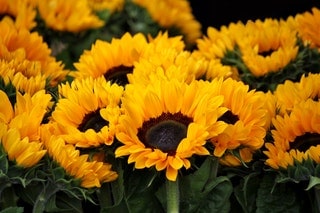
Bees have an extraordinary vision that allows them to track plants even during flight and their vision has the added benefit of UV vision that allows them to see more than we do in the myriad beautiful patterns of nature. However, bees prefer single petal flowers where they have very little hindrance in entering the flower and collecting the nectar that they desire. Sunflowers are also flowers that are brightly colored and this attracts the bees even more. Scientists have studied the reason of high interest of bees towards sunflowers and they have come to the conclusion that these species offer the pollinators the right balance of pollen and nectar which is a huge attraction for the bees who are out foraging.
Sunflowers also have the advantage of being an enticing target to the bees who love to fly and have no problem facing moving targets. In fact, they love a moving target even more. These flowers also have added advantages like nectar guides and other aides that make it very easy for the bees to locate their flowers.
Summary
Here we have compiled a list of all the substances that bees like or dislike. Most of their behavior and practices are exceptionally unique and of interest to the scientists of our nation. Their behavior also depends on their senses and their abilities, which are simple enough if we look at their lives and the purpose of their foraging.
Bees with their communities of drones, workers and queens are exceptional at their social structure and efficiency of labor. Their communication and other habits are also of interest to a number of scientists along with the whys and hows of the behavior and attractions of bees.
Still want more? checkout What are wasp attracted to.
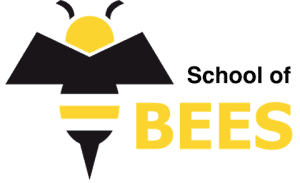
can I keep bumble bees that I found in my back garden
Bees should not be ‘kept’ as it as pets. They will freely come and go in your garden if you provide a good balance in your garden. Try looking at this article – What Is The BEST Clover For Honeybees? and try not to use pesticides – Can You Use Pesticides in Your Back Yard? A Bees Story. Thank you.